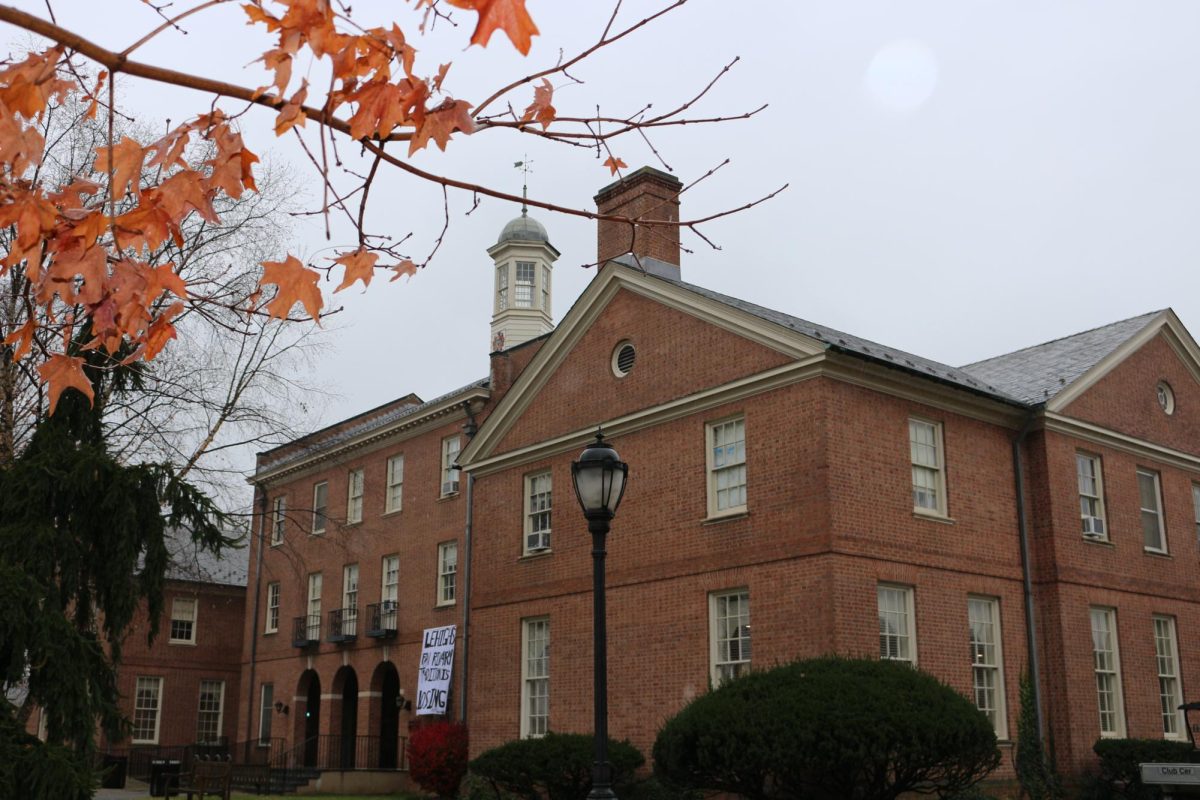Last Friday, I received a text from a friend who works as a government contractor, and her message left me deeply concerned. She spent her entire day at work simply replacing the word “gender” with “sex” to comply with a new federal directive. Shortly afterward, I read a Washington Post article detailing how the federal government is now cracking down on datasets that inquire about sexual orientation and gender identity. When I visited the CDC’s website for the Behavioral Risk Factor Surveillance System (BRFSS) — a resource I and many colleagues rely on for research and teaching — I found it completely removed. Just like that, the country’s largest telephone survey of health data vanished. When looking to see if the National Health Interview Survey data were still available, I came across this message: “CDC’s website is being modified to comply with President Trump’s Executive Orders.” Chilling. This is another dataset that inquires about gender and sexual orientation.
I use BRFSS data for both my academic research and teaching. For instance, last year, I mentored an outstanding honors student who used this dataset to explore the impact of mandated parental leave on parental health. I make these data available to students in my Econometrics course for their semester projects. If these data remain unavailable, future students won’t be able to do this type of work.
In my view, this is exactly what the government intends — to instill fear and silence marginalized voices. As an empirical economist, I firmly believe that if we cannot measure a phenomenon, we cannot understand it. This latest move, combined with the temporary review of NIH grants, strikes at the very core of academic freedom. More than that, it represents a profound loss of our collective humanity. It undermines our right to pursue knowledge freely, to study critical issues and to give a voice to those who are too often overlooked.
I am particularly troubled by the implications for current and future research. I am currently working with my colleague Mary Armstrong in the Women’s, Gender and Sexuality Studies program on a project using BRFSS data to examine the health outcomes of Queer women working in STEM fields. Now that work is compromised because the data are no longer accessible. This situation raises serious concerns about our ability to study and understand issues affecting vulnerable populations. Our work and the broader scholarly community’s ability to explore important questions is now hanging in the balance.
This development is not just a setback for researchers; it signals a dangerous trend. It is a reminder that our capacity to understand and improve our society depends, in part, on our access to data. I never imagined that such restrictions could take hold in our country. I worry about what the future holds for academic inquiry and the vulnerable populations many of us strive to understand and support.
Susan Averett is the Charles A. Dana Professor of Economics at Lafayette College.






















































































































dk richwine • Mar 1, 2025 at 9:54 am
“Health outcomes of queer women working in STEM fields” ? What kind of health outcomes are you concerned about? Is this the most important issue you can come up with? How about something meaningful? Clarence Thomas is right: “everyone is a victim”